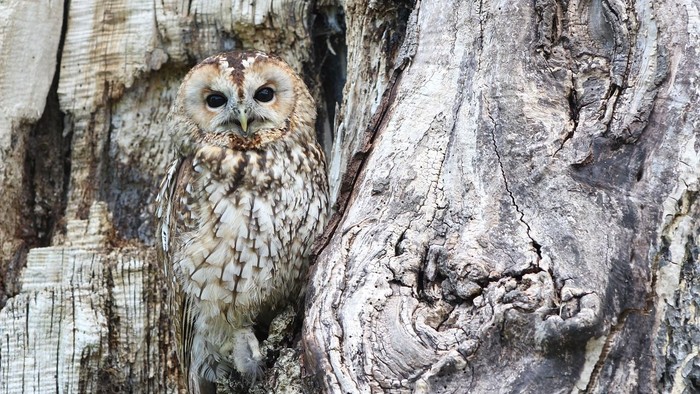02/07/2024 0 Comments
Hidden in plain sight?
Hidden in plain sight?
# Reflecting on the Scriptures

Hidden in plain sight?
This week our readings are Psalm 19 and John 2.13–22. The first is a poetic reflection on the power of the natural world to 'speak' of the creator God that gives it life; the second is the account of Jesus 'cleansing' the temple. (Which is itself the rather sanitised title given to him having a tantrum, trashing the joint, and chasing people out at the end of whip...) At first glance there's not a lot holding together the wonder of the beauty of creation, and an irate man making a scene, but I did find that when reading them next to each other two lines really jumped out for me.
In John 2:18 the Jews, somewhat taken aback at Jesus' behaviour, ask him, 'What sign can you show us for doing this?'
In Psalm 19:1-4 reads,
"The heavens are telling the glory of God; and the firmament proclaims his handiwork. Day to day pours forth speech, and night to night declares knowledge. There is no speech, nor are there words; their voice is not heard; yet their voice goes out through all the earth, and their words to the end of the world."
In other words, one of them asks the question 'How can we know what is of God?', the other offers the answer 'Just open your eyes; His will and purpose are there all around you!'
Apparently it wasn't that simple for those in the temple. Perhaps we can have some sympathy with the people questioning Jesus. We are still very early in the Gospel narrative, and so far John has only recounted one miracle. The fact that they ask for a 'sign' (John's word for miracle), though, and the evidence of verse 23 ('When he was in Jerusalem... they saw the signs that he was doing') to me both imply that it couldn't have been the only one. If Jesus were not famous for signs, why would they have asked for one?
If we accept that his signs were as prolific and numerous as the testimony of creation is presented as being in the Psalm, then we are invited to question the questioners, 'If you know enough about Jesus to ask him for a sign, how can you not have recognised what he's already doing?' The fact that he gives them an answer in the form of foretelling the greatest sign of them all - his resurrection - and most of them fail to pick up on that when it happens even with him telling them about it beforehand... maybe that makes us want to shout that question at them.
Before we raise our voices, though, let's pause and make sure we don't fall into the error that Jesus seemed to have less time for than any other - hypocrisy. Are we confident that we are aware as we could be of the activity of God surrounding us? Do we stop to notice what he's up to, to receive his presence in the beauty and wonder of the world around us, to hear his wisdom in the voices of those close to us, to recognise it is his love that lies behind every kindness we experience?
Lent is a time for self-reflection, of course, but can we also make use of it for a bit of God appreciation? Can it become for us a time through which our faith is strengthened not because God is doing anything new, but simply because we make a point of noticing that he's there at all?


Comments